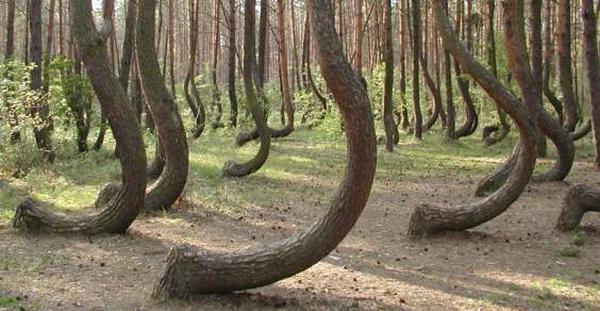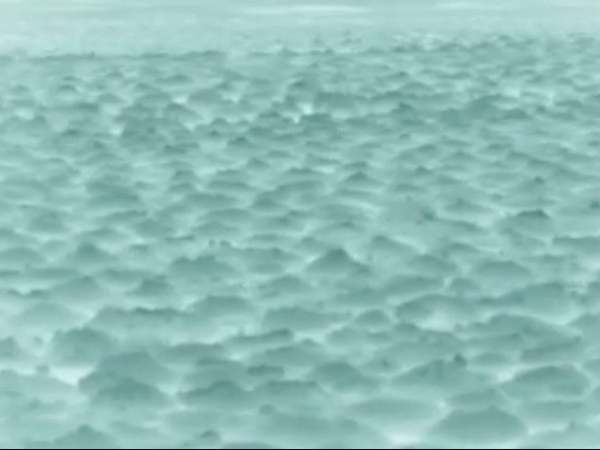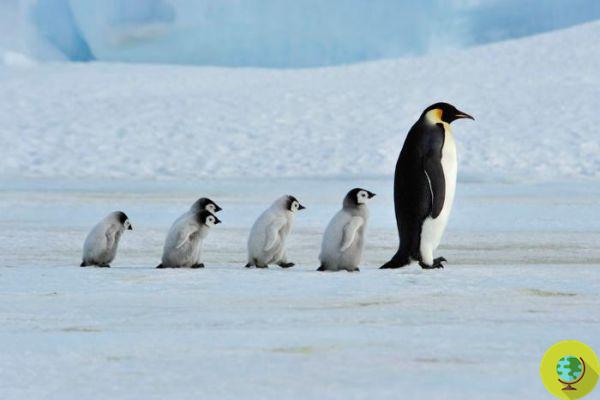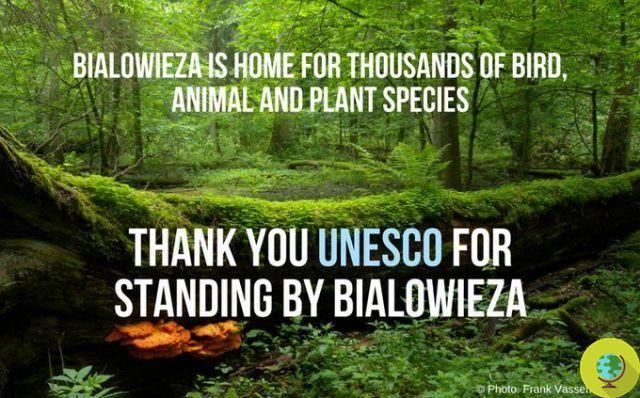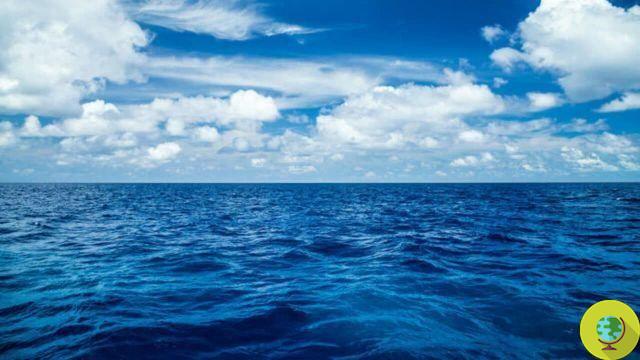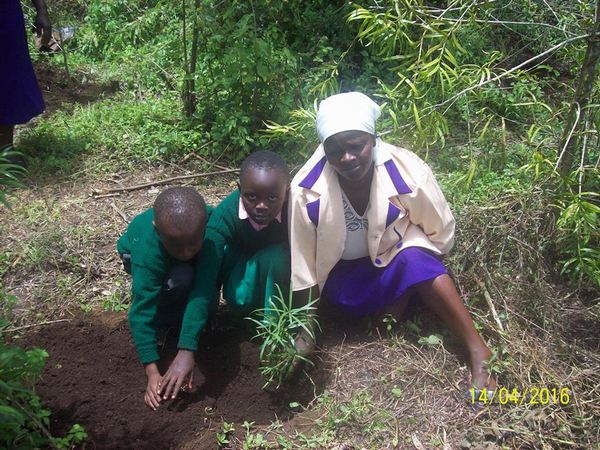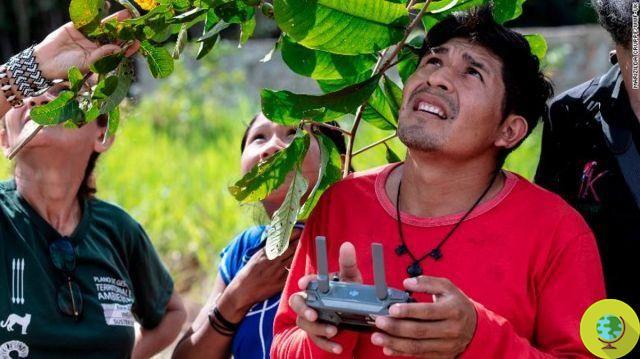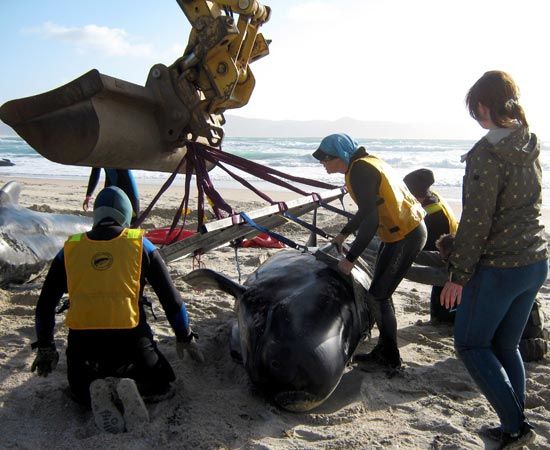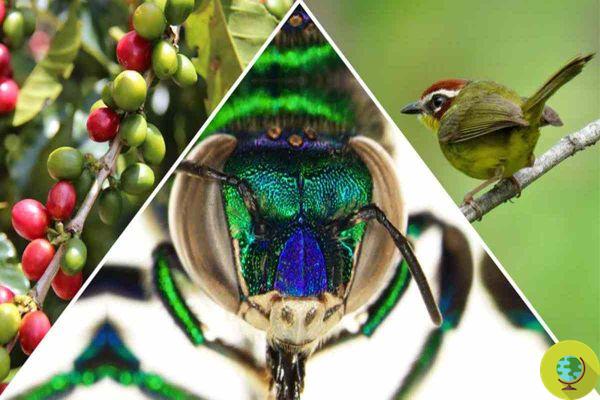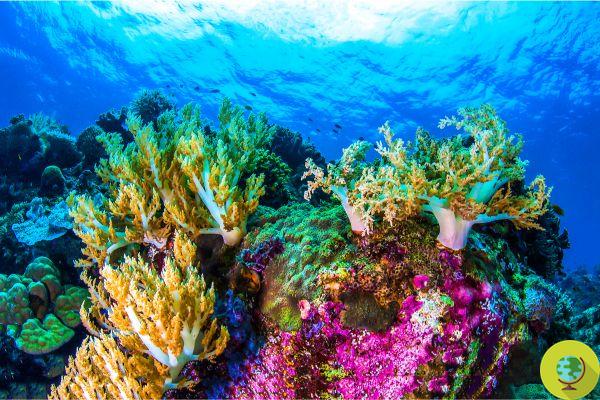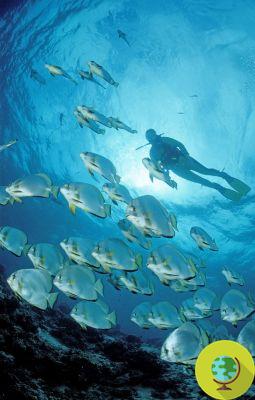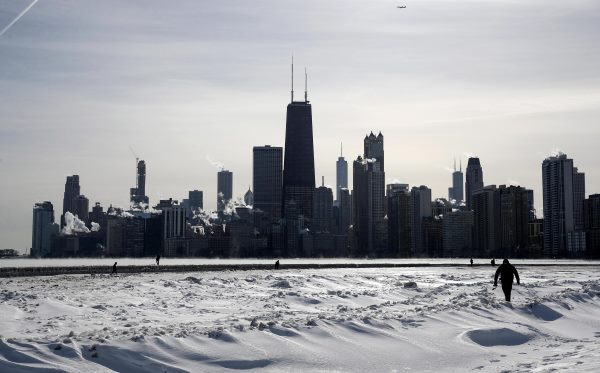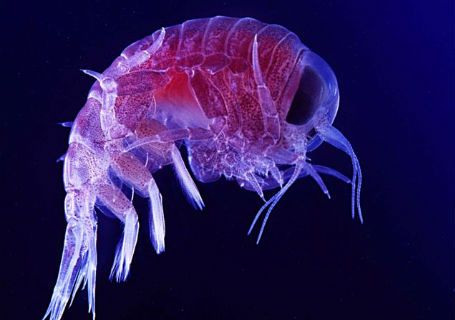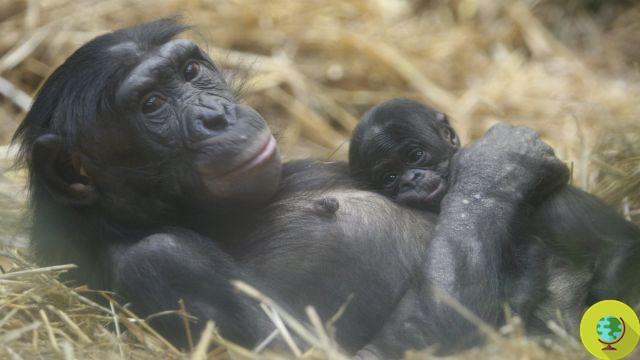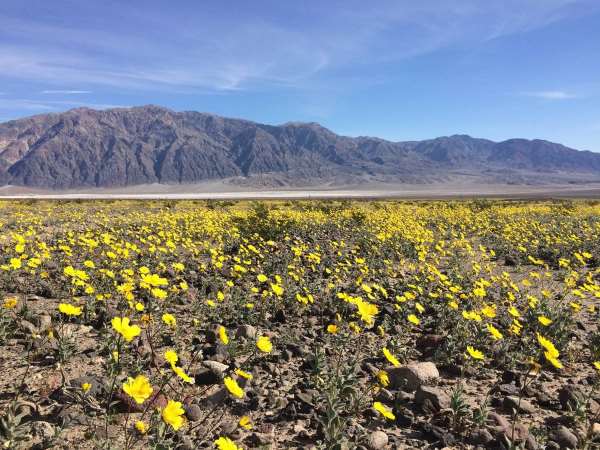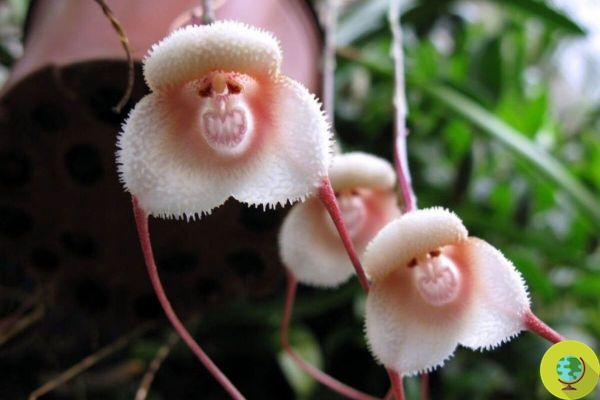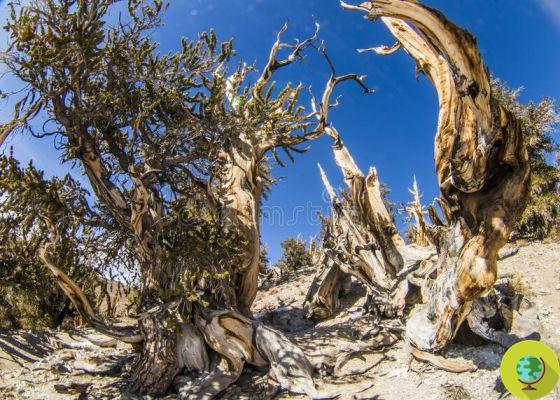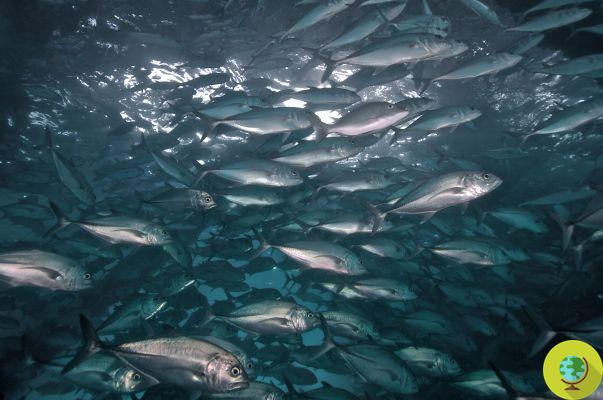
Just like those of the Adriatic, the sardines of the Caribbean Sea are now on the verge of collapse and the fault lies mainly with climate change. The news comes from a study conducted by researchers from various US and Venezuelan universities and published in the journal PNAS, which warns of the very serious consequences of the decrease in the stocks of small Caribbean blue fish, known as "Sardinella aurita".
He is about to end up run over, his mother saves him
Just like those of the Adriatic, too the sardines of the Caribbean are now collapsing and the fault lies primarily with climate change. The news comes from a study conducted by researchers from various US and Venezuelan universities and published in the journal PNAS, which warns of the very serious consequences of the decrease in the stocks of small Caribbean blue fish, known as "Sardinella aurita".
As small as they are, in fact, these little creatures absolutely are essential for the health and survival of many marine ecosystems. Because, in addition to unfortunately forming the basis of many of our culinary recipes, sardines are staple food for a large number of other marine species, including birds, whales, seals, sea lions and fish. But climate change, plankton decline and overfishing they are now putting at risk the existence of the Sardinella aurita and that of the species that depend on it.
The team of scientists determined, with measurements recorded monthly over a period of 14 years in the Cariaco Basin, off the northern coast of Venezuela, that decreasing levels of plankton production have decreased significantly, especially since 2005. due to climate change. But overfishing has also contributed to the collapse of stocks, researchers warn. dropped by 87 percentage points.
"Cariaco measurements are carried out regularly, on a monthly basis, to examine the trend over time for each parameter" explains Yrene Astor, of the “La Salle Foundation of Natural Sciences” and author of the study. “This - continues Astor - has revealed that the water temperature increased by 1,1 degrees centigrade from 1996. A very slight, slow but constant increase “, which contributed to altering the upwelling of deep waters and the consequent transfer of plankton from the ocean depths.
Researchers are still unsure whether these changes are attributed to humans or a natural variation in climate. However, the fact remains that, as the co-author explains Robert Thunell, researcher of the University of South Carolina, “This work clearly shows how, even when climate change is relatively modest, you can have a great impact on the marine ecosystem". And the decline in plankton populations is truly one of the worst problems that could happen for the preservation of the biodiversity of our oceans, where each species is connected to the other.
Roberta Ragni
Read also: Blue fish, we ran out of sardines




